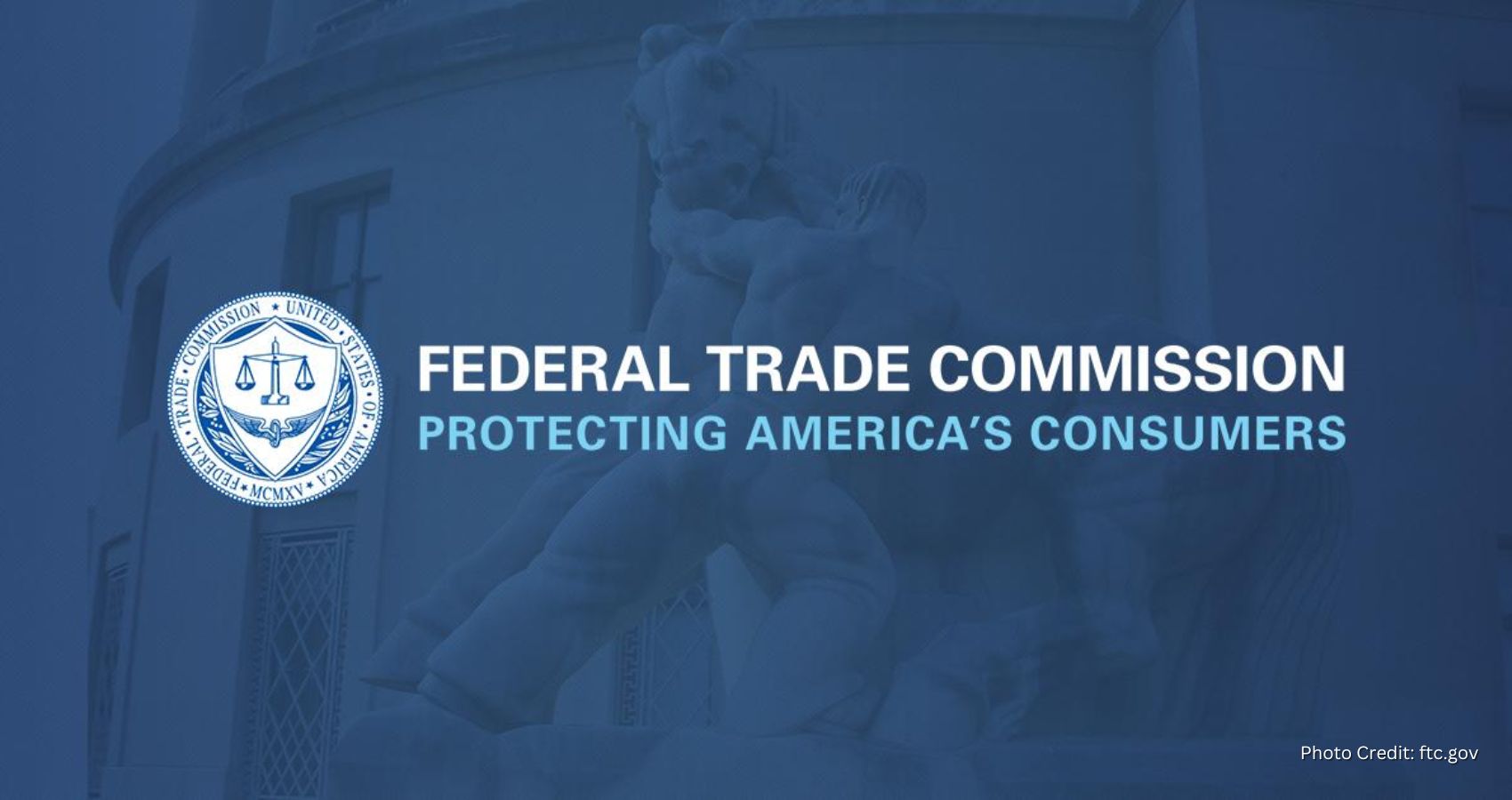The Federal Trade Commission (FTC) narrowly passed a resolution on Tuesday to prohibit nearly all noncompete agreements, which are employment contracts typically barring workers from joining rival companies or launching their own ventures. The decision followed a period of public consultation during which the FTC received over 26,000 comments. Chair Lina Khan, in her remarks, reflected on testimonies from workers.
“We heard from employees who, because of noncompetes, were stuck in abusive workplaces,” she stated. “One person noted when an employer merged with an organization whose religious principles conflicted with their own, a noncompete kept the worker locked in place and unable to freely switch to a job that didn’t conflict with their religious practices.”
She underscored how these accounts “pointed to the basic reality of how robbing people of their economic liberty also robs them of all sorts of other freedoms.”
The FTC approximates that around 30 million individuals, ranging from minimum wage earners to CEOs, are subjected to noncompete agreements, which it asserts suppress wages. The policy shift is anticipated to spur wage growth of nearly $300 billion annually by empowering people to transition between jobs without hindrance.
Scheduled to take effect later this year, the ban features a provision exempting pre-existing noncompetes negotiated with senior executives, on the premise that such agreements are typically the result of negotiation. The FTC advises against enforcing other pre-existing noncompete agreements.
The vote, split 3 to 2 along party lines, sparked dissent from Commissioners Melissa Holyoke and Andrew Ferguson, who argued that the FTC was exceeding its authority. Holyoke anticipated legal challenges against the ban, foreseeing its eventual reversal.
Following the decision, the U.S. Chamber of Commerce announced its intention to challenge the ruling in court, denouncing it as unwarranted, illegal, and an overt power grab.
For over a year, the Chamber of Commerce has vehemently opposed the ban, asserting that noncompetes are essential to safeguarding companies’ proprietary information and providing employers with a greater incentive to invest in employee training and development.
“This decision sets a dangerous precedent for government micromanagement of business and can harm employers, workers, and our economy,” wrote Suzanne P. Clark, president and CEO of the U.S. Chamber, in a statement.











